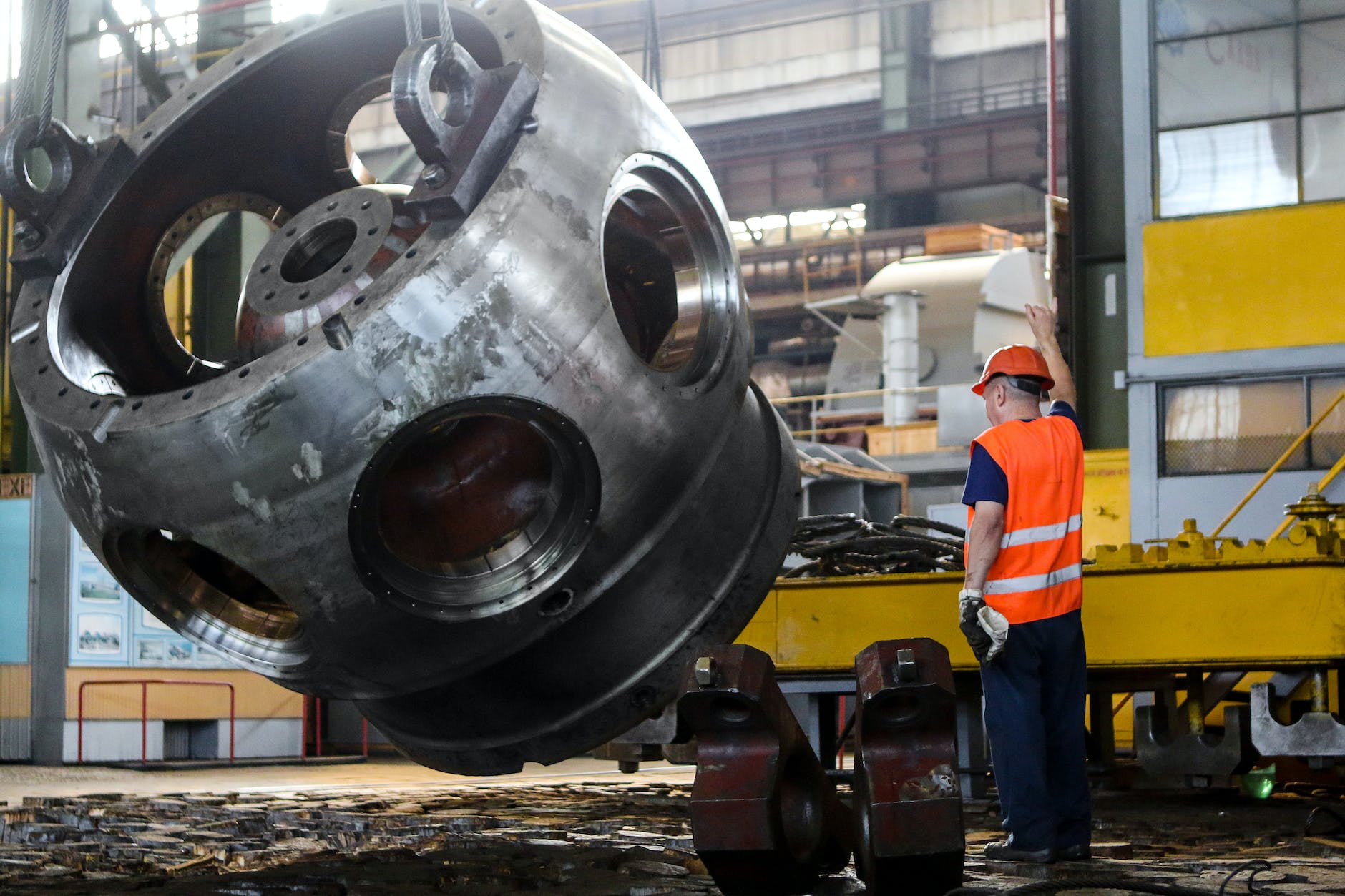
All About Industrial Safety
All About Industrial Safety : Industrial safety is a paramount concern in today’s world, where industries and factories play a pivotal role in economic growth and production. It encompasses a range of practices and precautions aimed at protecting workers, the environment, and the surrounding community from potential hazards and accidents within industrial settings. In this article, we will delve into the world of industrial safety, understanding its importance, challenges, and best practices to ensure a safe and thriving workplace.
The Importance of Industrial Safety
Safety should be a top priority in any industrial setting. It not only preserves the well-being of employees but also contributes to the efficiency and success of a business. Industrial accidents can result in injuries, fatalities, and financial losses. Prioritizing safety can reduce these risks and enhance the overall working environment.
Common Industrial Hazards
Industrial settings are rife with potential hazards, including machinery accidents, chemical exposures, electrical mishaps, and fire hazards. Understanding these risks is the first step in mitigating them effectively.
Safety Regulations and Standards
Government agencies and industry-specific organizations have established comprehensive regulations and standards to ensure industrial safety. Compliance with these rules is mandatory and helps prevent accidents and injuries.
Personal Protective Equipment (PPE)
Personal protective equipment, or PPE, is a crucial component of industrial safety. It includes gear such as helmets, gloves, goggles, and respiratory protection that shield workers from harm.
Safety Training and Education
Proper training and education are key to ensuring that employees understand the risks involved in their work and know how to protect themselves and their colleagues.
Emergency Response and Preparedness
In the event of an accident or unforeseen incident, having a well-defined emergency response plan in place can save lives and minimize damage.
Safety Culture in the Workplace
A strong safety culture fosters a mindset of safety first. Employees should feel comfortable reporting safety concerns and feel empowered to contribute to safety initiatives.
Industrial Safety Technologies
Advancements in technology have given rise to innovative safety solutions, including sensors, alarms, and monitoring systems that can detect hazards in real-time.
Reporting and Investigating Incidents
Thoroughly investigating incidents is crucial for preventing their recurrence. Effective reporting and analysis can help identify root causes and implement corrective measures.
Safety Committees and Inspections
Safety committees play a pivotal role in identifying safety issues, conducting regular inspections, and implementing improvements.
The Role of Employees in Industrial Safety
Employees must actively engage in safety measures, from adhering to protocols to participating in safety programs and initiatives.
Challenges in Ensuring Industrial Safety
Despite best efforts, challenges such as complacency, resource constraints, and evolving technology persist in the pursuit of industrial safety.
Conclusion: Prioritizing Industrial Safety in Your Workplace
In conclusion, industrial safety is not an option but a necessity. By fostering a culture of safety, adhering to regulations, embracing technology, and engaging employees, industrial settings can be made safer and more productive. The well-being of workers and the success of businesses depend on it.
How To Become a Lifting Supervisor
How To Become a Crane Operator
FAQs About Industrial Safety
- What is the primary goal of industrial safety?
- The primary goal of industrial safety is to protect workers and the surrounding environment from potential hazards and accidents within industrial settings.
- Why is industrial safety essential in the workplace?
- Industrial safety is essential to prevent accidents, injuries, and financial losses. It also contributes to a more efficient and productive working environment.
- What are some common industrial hazards?
- Common industrial hazards include machinery accidents, chemical exposures, electrical mishaps, and fire hazards.
- How can employees contribute to industrial safety?
- Employees can contribute to industrial safety by following safety protocols, participating in safety programs, and reporting safety concerns.
- What challenges are faced in ensuring industrial safety?
- Challenges in ensuring industrial safety include complacency, resource constraints, and the need to adapt to evolving technology.
























